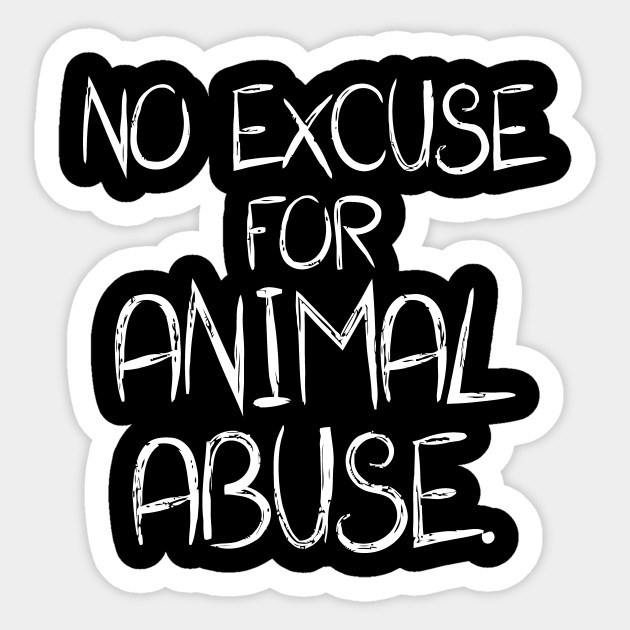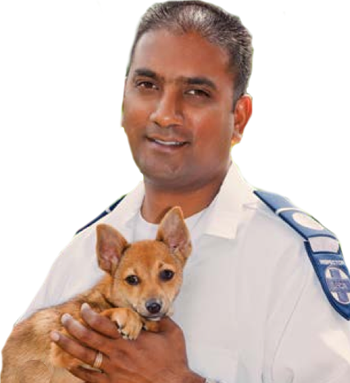Abuse of animals often develops into abuse of humans
Posted on 2019-10-11 07:30:42

Our long-term education programme - now some fourteen years old - which teaches children about the work of the SPCA and how to care properly for animals has an orientation that might surprise some, yet it is something that all schools should be teaching.
Teachers of any subject are particularly well placed to encourage compassion. Whatever subject is being taught, teachers can pass on valuable comments on ‘living one’s life in the best possible way’ and can lead by example and by the stories they tell and the discussions they encourage. Teaching and lecturing were my own professional career, so I know that there are plenty of opportunities to talk about the role of compassion towards all life.
It is heart-breaking that many people all over the world still do not accept that animals are sentient beings and experience pleasure and pain, anxiety and tranquillity, and a wide range of emotions, just as we do. Our sharing of many feelings is not surprising, since we all evolved from a common source. Animals also have abilities that we do not possess and that developed out the struggle by species for long-term survival.
It is hard to understand why human beings can often be so cruel, but childhood experience can have a strong influence. Research has shown that adult abusers were often abused as children and that they themselves abused animals. Many serial killers were cruel to animals when they were children. Animals are generally helpless and easily fall victim to cruel human beings.
One would expect abused children to be more kindly towards others because of their own painful experiences, but the opposite is frequently true. When children are taught compassion, it is far more likely that they will feel deep sympathy for the suffering of both humans and animals because they have been taught sensitive awareness.
I have produced The Animal Angle for almost twenty years and am still amazed at the dedication of the SPCA management and staff and the courage and devotion of the Inspectorate. There are even times when Inspectors’ lives are at stake when animals are in hazardous situations.
The evidence is that children who abuse animals often later abuse humans as well and also commit other crimes. Never hesitate to report abuse of both animals and humans.







